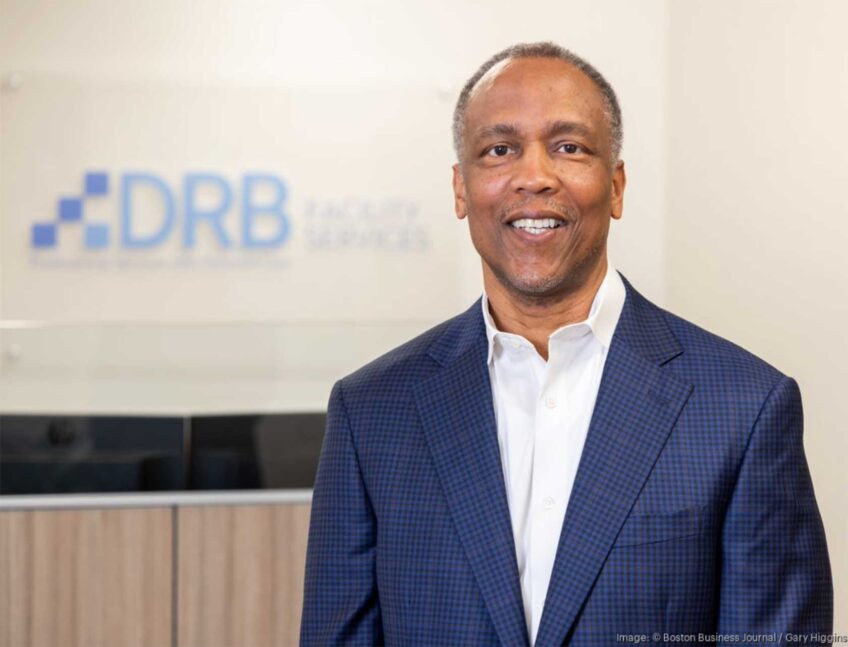
New culinary business incubator opens in Dorchester
For decades the industrial buildings on Quincy Street were dingy, under-utilized and unremarkable. Today, the site sparkles with new construction and, more importantly, new economic activity.
Developed by a consortium of nonprofits working in collaboration with the Dorchester Bay Economic Development Corporation, the Borstein & Pearl Food Production Center is expected to create over 150 new jobs for community residents and serve as an incubator for new community-based food businesses.
DBEDC led the $15 million redevelopment effort, in partnership with Crop Circle Kitchen, to transform the former Pearl Meats manufacturing facility into a 36,000 square foot multi-tenant, light industrial business center.
The facility includes a large shared-use commercial kitchen plus cold and frozen storage for start-up and growing food businesses managed by Crop Circle Kitchen, plus separate food manufacturing spaces for individual businesses ready to graduate into their own dedicated kitchen space.
Monday, Mayor Martin Walsh, Gov. Deval Patrick and state Sen. Linda Dorcena-Forry are expected to be among those attending a ribbon cutting celebration for the facility.
The facility is part of a comprehensive, $100 million redevelopment of the Quincy Street between Blue Hill Avenue and Magnolia street. Abutting the center are 129 new and renovated Quincy Heights Apartments. The redevelopment project was spearheaded by Dorchester Bay, United Housing Management, Nuestra Comunidad Community Development Corporation, the Quincy Geneva CDC, Project RIGHT, DSNI, Crop Circle Kitchen, the City of Boston, and numerous public and private funders.
Much of the funding came through the HUD Choice Neighborhood program, which tied the redevelopment of the HUD-subsidized Quincy Heights Apartments to the food production center and other projects that revitalized the area.
“HUD is very excited about Boston’s innovative use of Choice Neighborhood funding for the Bornstein and Pearl Food Production Center,” said Kristine Foye, HUD New England Deputy Regional Administrator. “This project is opening the door to opportunity for Dorchester residents and we are proud to be a partner in making this happen.”
Construction on the project was done with significant participation from black, Latino and Asian workers and subcontractors. While that ordinance requires that Boston workers make up 50 percent of a job’s workforce and minorities 25 percent, the Dorchester Bay project had 57 percent Boston residents, 67 percent minorities and 8 percent female workers on the housing renovation project of Quincy Heights; 48 percent Boston residents, 60 percent minorities and 8 percent females on the new housing; and 57 percent Boston residents, 63 percent minorities and 12 percent females on the Pearl center project.
Bornstein & Pearl open for business
CCK & DEBDC are seeking more long and short-term tenants to occupy the new Bornstein & Pearl Food Production Center. For details, contact Darnell Adams, darnell@cropcirclekitchen.org, Jen Faigel jenfaigel@gmail.com, or visit www.cck-pearl or www.dbedc.org.







